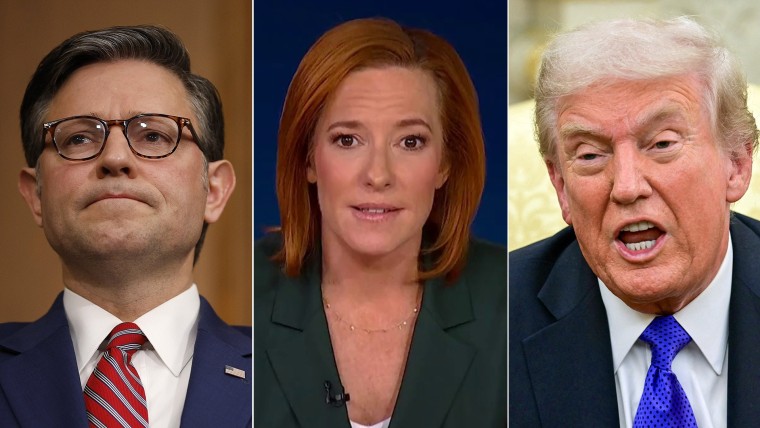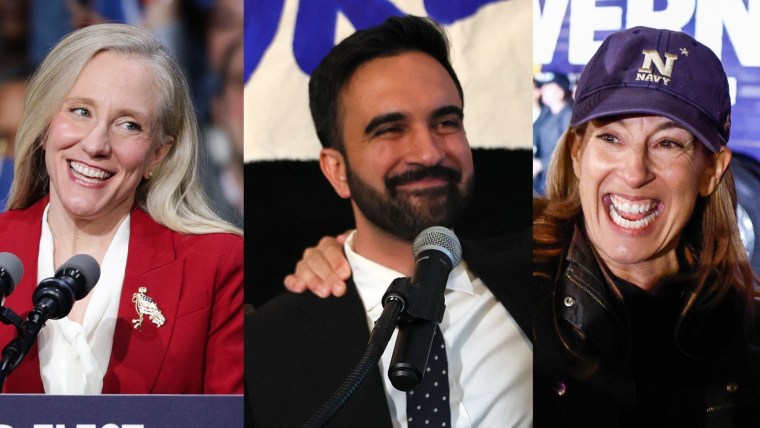Tuesday night’s election results told a powerful story: The Deep South, to quote the great Andre 3000, has “something to say.” The region — typically defined as Alabama, Georgia, Louisiana and Mississippi — has long been the punchline of jokes. As a result, campaigns and the people they seek to serve have long been underfunded, overlooked and discounted; but we refuse to be written out of democracy. Across the region, our voters soundly rejected the Republicans’ authoritarian playbook and chose progress instead.
In Mississippi, Democrats won four high-profile legislative races, and flipped a pair of Republican-held state Senate seats to break the Republican supermajority.
In Georgia, Democrats won critical statewide elections that flipped two seats on the state’s Public Service Commission. A couple of states over, in Mississippi, Democrats won four high-profile legislative races, and in so doing, flipped a pair of Republican-held state Senate seats to break the Republican supermajority. That’s a consequential shift that opens the door for accountability and balance in a state long written off by national pundits.
I grew up in Mississippi and came of age in Georgia. As a Gen X kid, I knew that conservative Democrats largely controlled politics in the South, and usually not to the benefit of my family or those like us. Working class families faced low wages, Black families faced entrenched racism from a society that refused to let Jim Crow go and immigrants were relegated to the margins. Over time, the bulk of those Democratic politicians became Republicans. Like dominoes, state legislatures, judicial enclaves and executive leadership became their dominion and a testing ground for the authoritarian tactics we see on display at the national level.
But over the past decade, a critical shift has occurred. Part of it has been driven by demographics, including the reverse migration that has led to Southern states being home to 56% of all Black Americans. The South also saw the rapid expansion of Latino and AAPI populations. However, race is only one marker. As education access increased, political fealty shifted. Economic deprivation and meager services also started to take their toll.
By 2017, we saw the first real glimmers of change with the election of Democrat Doug Jones to the U.S. Senate from Alabama, followed soon thereafter by the rise of John Bel Edwards as the two-term Democratic governor of Louisiana. Even my own unsuccessful race in 2018 for governor of Georgia yielded a massive transformation: nearly 800,000 additional Democratic voters cast ballots in a gubernatorial campaign, which served to flip 15 legislative seats and elect a new member of the U.S. House. U.S. Senators Jon Ossoff and Raphael Warnock won historic and closely-watched victories in 2021. And in 2023, Democrat Brandon Pressley ran for governor of Mississippi against a Republican incumbent, falling short by fewer than 27,000 votes—the closest margin in a Mississippi gubernatorial race in nearly 25 years.
The Deep South’s story is one of persistence against unaccountable power.
These victories and close fights are connected to how we not only win elections but to what I’ve been highlighting as the 10 Steps to saving democracy. They build on one another, community by community, state by state. The same networks, tactics and lessons that fueled Georgia’s organizing power helped shape turnout operations and messaging in Mississippi, just as they had in Alabama and Louisiana. Learned from civil rights leaders and labor organizers and justice warriors, the strategy is simple: engage and demand. Our transformation is being led by young people, women, people of color, and everyday Southerners who believe democracy should deliver. We don’t shy away from questions of identity—we can’t escape them. So we lean in and have tough conversations, forging cross-sectional alliances because we all deserve better.
The Deep South’s story is one of persistence against unaccountable power. It’s the story of voters who wait hours in line to cast a ballot, of local leaders who engage between elections by demanding better education, Medicaid expansion and lower utility bills, and of coalitions that unite across race, faith and geography to demand relief. Rivals in sports, we are united in our fealty to fairness, and in this time, in our repudiation of autocrats, wherever they rise.

But we see what’s coming, too. Republicans at every level of government are already working to rig the 2026 midterms before a single vote is cast. They have been practicing on us for years, carving up maps, suppressing voters and dismantling the systems that protect our rights.
This term, the Supreme Court will decide a Louisiana case that could gut the Voting Rights Act and let Republicans expand their practice of blatant racial gerrymandering.This is what I count as Step 10 in the authoritarian playbook: to disrupt election systems and restrict who can vote so no meaningful opposition ever wins again.
However, Tuesday was a warning—we won’t let them get away with it. Because the Deep South is not just fighting for itself. It’s fighting for the soul of America. Every victory here—whether it’s flipping a seat or holding the line on voting rights—tells the story of defending democracy in the place that once fought to tear our nation apart.
The power we’ve built in the South is here to stay, and it’s growing. And as long as we keep organizing, keep talking, and keep building, we will win.
